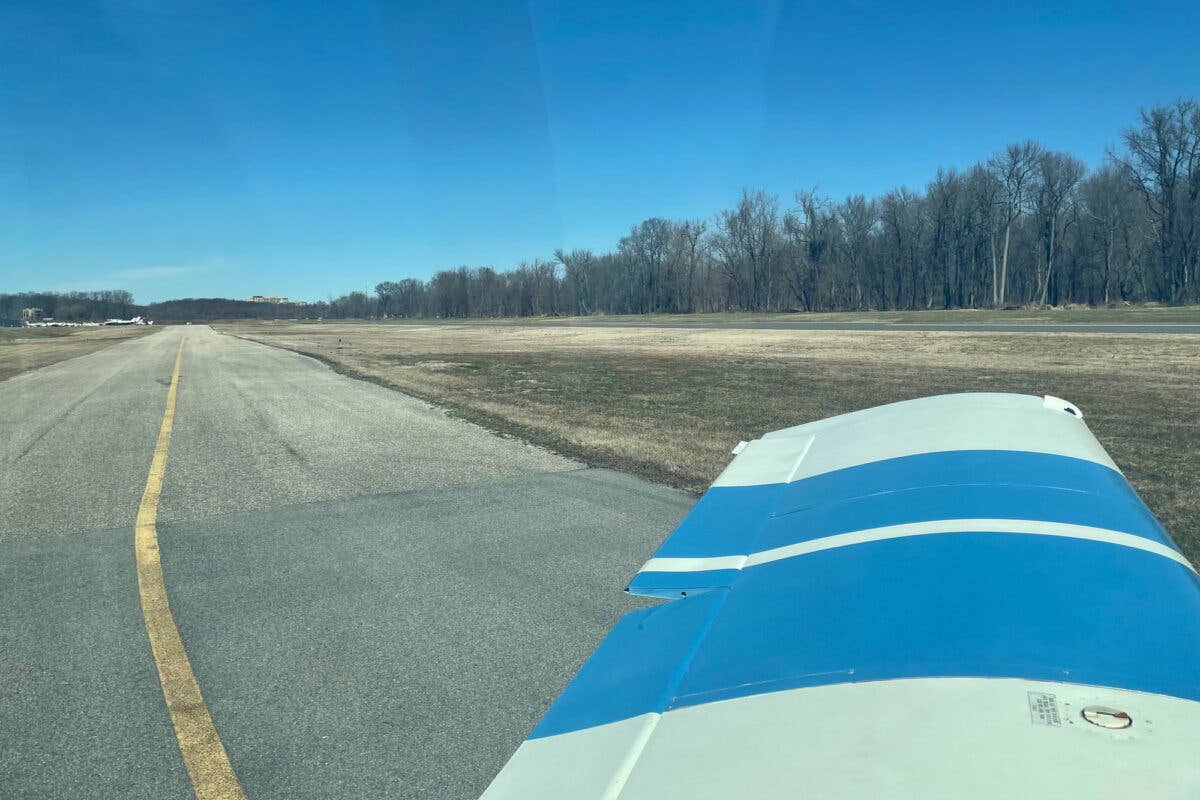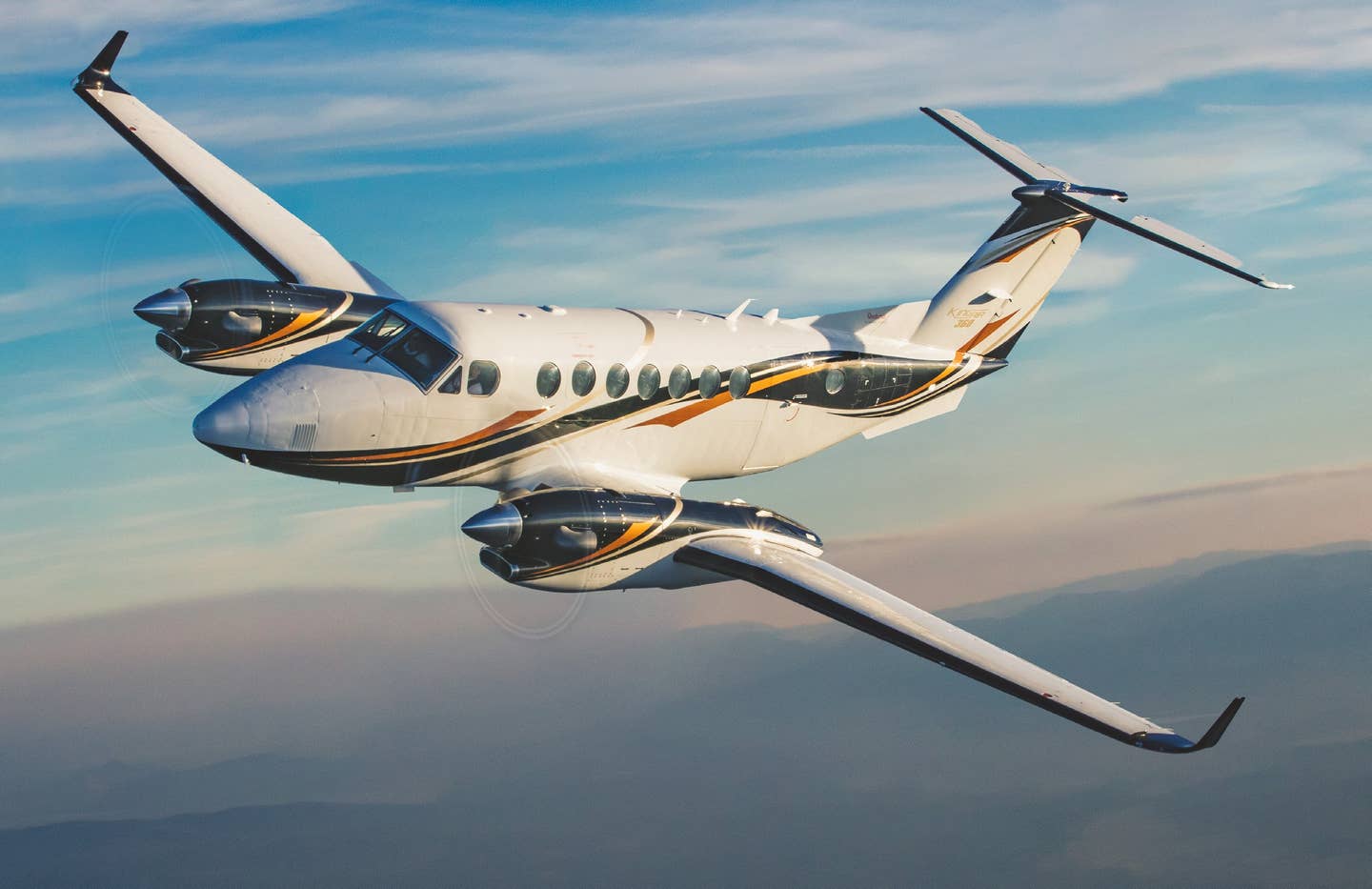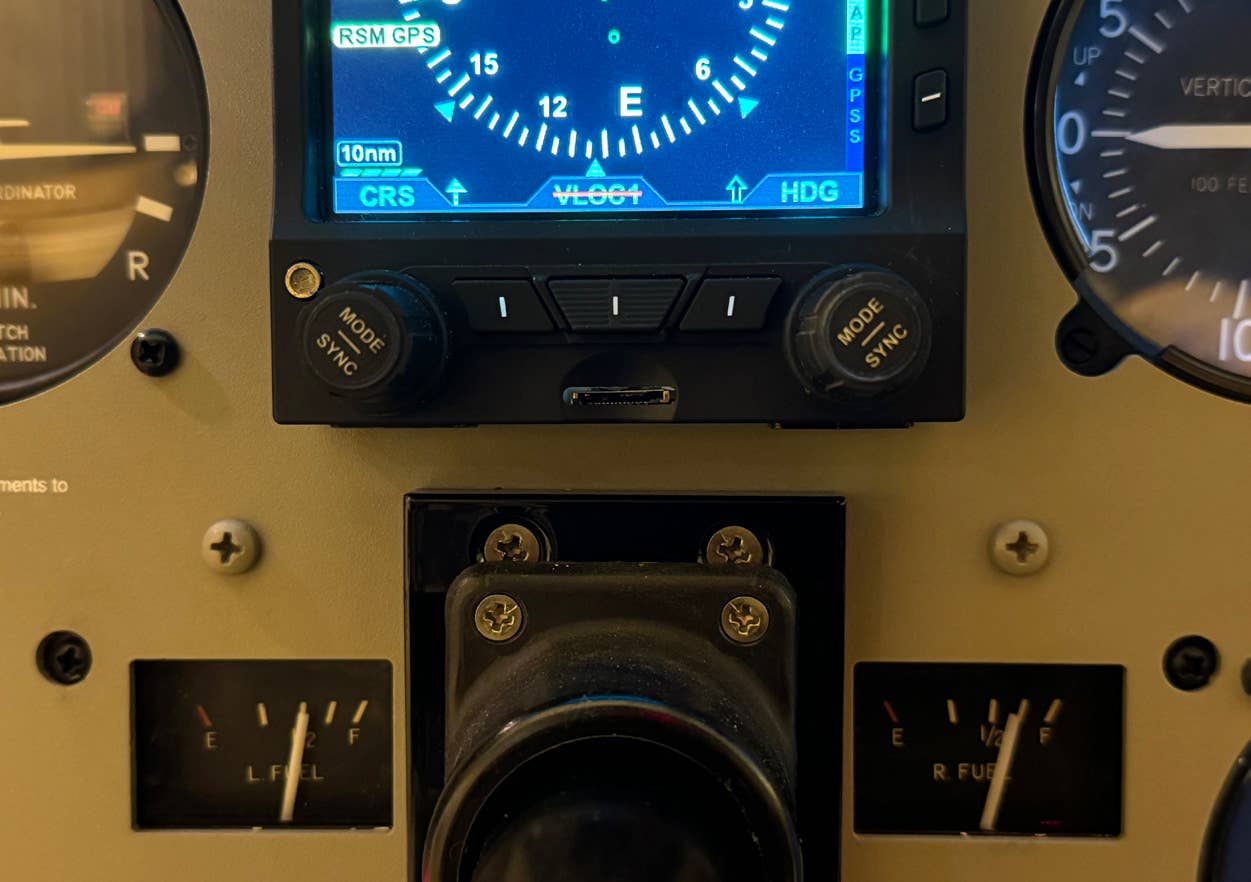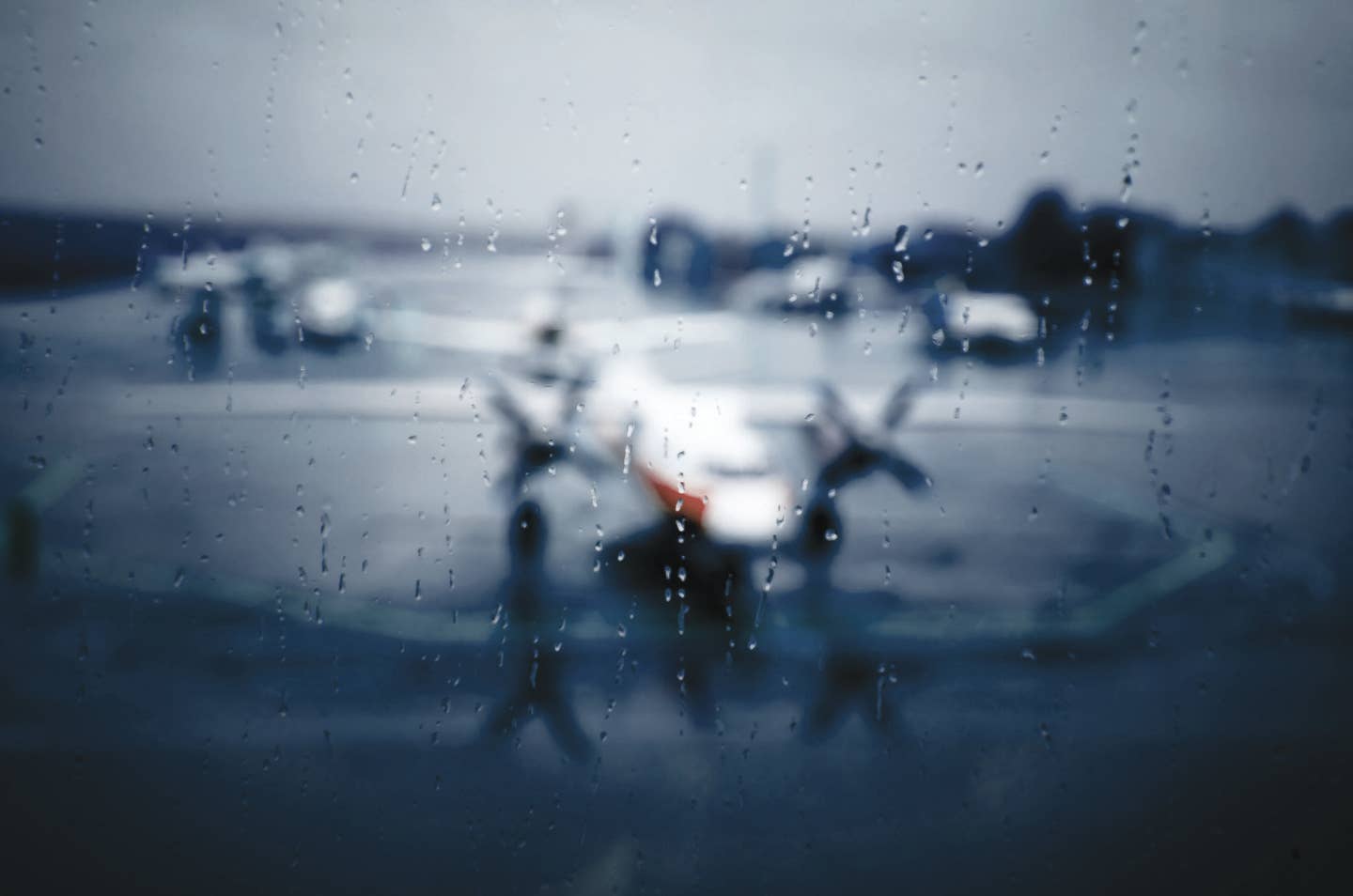
Mark Phelps
The vocabulary section of my son's third-grade social studies book laid out one of life's basics that I sometimes miss as an aircraft owner — 'Budget — a plan for managing money.' It goes on to tell the story of a teenager with a summer job who has to budget for three areas: his needs (bus fare and lunch money); his wants (some new CDs and a birthday gift for his dad — gotta love that example); and savings (college fund). Our hero sets down his numbers in columns, adds up his three areas of expenses and compares them against his expected income.
Sometimes I wonder if the average aircraft owner (yours truly included) is at all smarter than a third grader.
The barren winter months is inspection time for many of us, and we all hold our breaths as our pride and joy is trundled into the shop for its annual 'open wide and say ah' experience. We know the drill — there's the base cost of the labor, a percentage for small replacement parts, maybe a recurring inspection or two, and then the big question mark — surprise airworthiness squawks.
Most of us also have a secondary list of wants. These need not be major improvements like new avionics or a new interior, but smaller stuff like replacing a window or two that might be starting to get a bit milky, repainting the instrument sub-panel, or adding an intercom. If you're like me, you balance your wants against the needs — and hope that after you give the go-ahead for some dessert, the shop doesn't turn up some serious issues with main course that will ramp up the bill. ("Y'know Mark, when we opened up the belly, we saw that the landing gear transmission was leaking fluid.")
And then there is the equivalent of your airplane's "college fund." Saving for engine overhaul is part of everyone's budget, at least in the abstract. There are those aircraft owners who have their spread sheets carefully prepared and can tell you how much per hour they are setting aside in the engine fund. And there are those of us who view engine overhaul kind of like the elephant in the room. The invisible elephant in the room.
In my case, I really do have a good reason for turning a farsighted eye toward engine overhaul. Though my old Continental is closing in on its time between overhaul (TBO) number, it also received a substantial lower-end overhaul just a few hundred hours ago in its logs. Crankshaft, cases, bearings — all but its cylinders — were inspected and either replaced or refurbished. So I rationalize that with a good top overhaul, I can reasonably go well beyond TBO with a clear conscience. And so far, I've been real lucky with the way it's performed.
So once again, I'm listing the squawks, reviewing the regular needs, and hoping for a benign inspection this year. Like all airplane owners, I'd love to spend some of my budgeted cash on fun stuff instead of the kinds of things that don't make the airplane prettier, faster or more capable in IFR conditions. But so far, I've never regretted a dime spent to keep those not-so-fun parts in tip-top condition.
Call to action: If you have any tips of your own you'd like to share, or have any questions about flying technique you'd like answered, send me a note at enewsletter@flyingmagazine.com. We'd love to hear from you.

Sign-up for newsletters & special offers!
Get the latest FLYING stories & special offers delivered directly to your inbox






